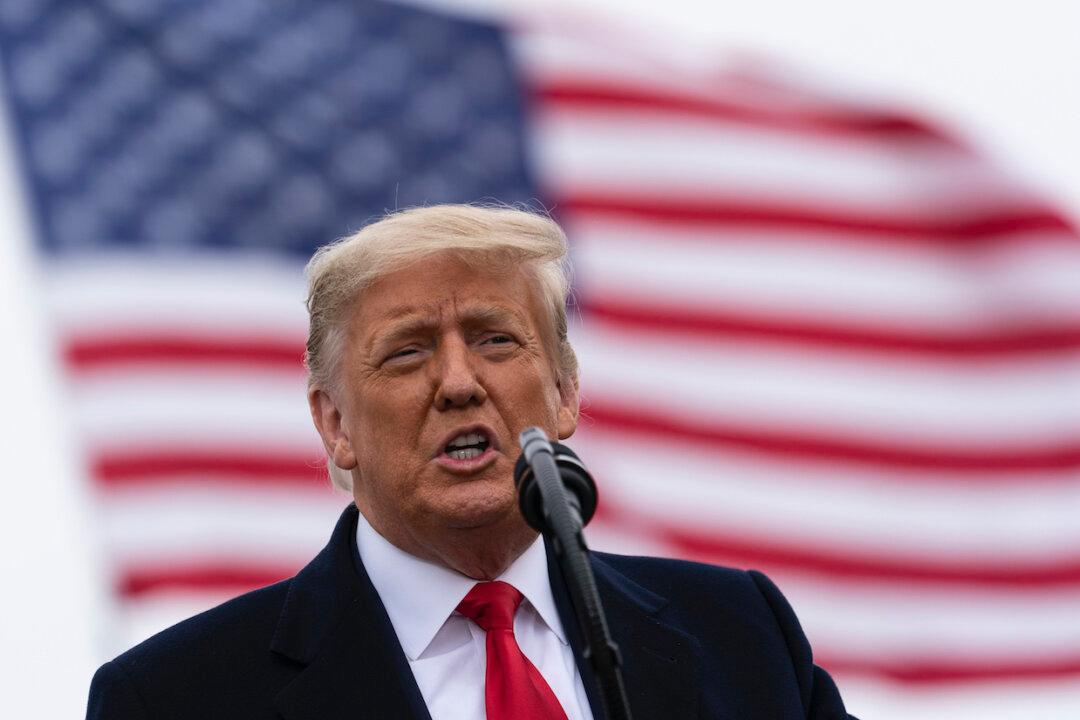President Donald Trump didn’t campaign in 2016 on a promise to confront the global spread of communism, but his efforts over the past four years against the Chinese Communist Party (CCP), its proxies, and other elements of the communist specter have become the centerpiece of his legacy.
Viewed through this lens, the “America First” slogan was a fitting one for a campaign against a communist adversary and a medley of the causes it has co-opted in a decades-long campaign to supplant the United States as the most powerful nation in the world.





